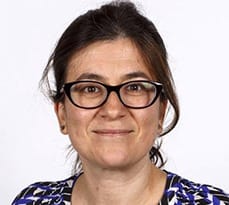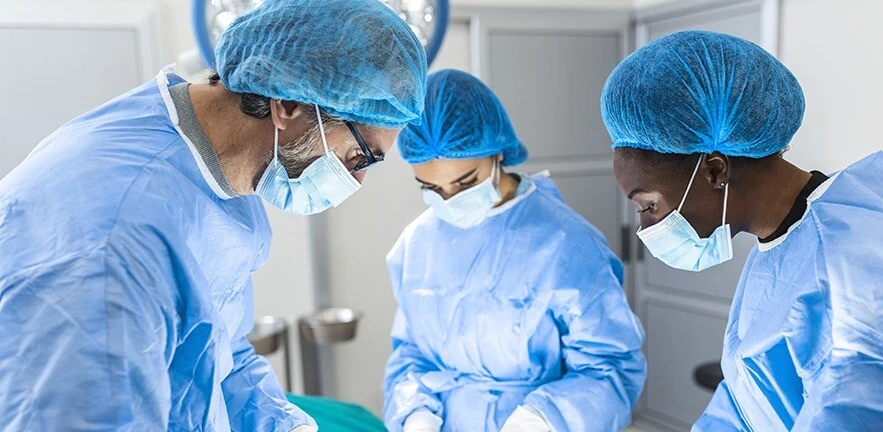Study co-authored by Professors Feryal Erhun and Houyuan Jiang of Cambridge Judge Business School finds that the pandemic has delayed lifesaving treatment for thousands of people with severe aortic stenosis.
Urgent action is needed to clear the backlog of people with a common heart condition who are waiting for lifesaving treatment, according to research co-authored by two professors at Cambridge Judge Business School.

The research, funded by EPSRC Cambridge Centre for Mathematics of Information in Healthcare, published in the journal BMJ Open and supported by the British Heart Foundation, was co-authored by Feryal Erhun, Professor of Operations & Technology Management, and Houyuan Jiang, Professor of Management Science, both of Cambridge Judge, and other co-authors in the UK and Canada, including at the University of Cambridge.
The COVID-19 pandemic has led to thousands of heart procedures being postponed and record waiting lists. Aortic stenosis develops when the heart’s aortic valve becomes narrowed, restricting blood flow out of the heart. The traditional treatment involves replacing the narrowed valve, usually through open heart surgery.
The study modelled the impact that increasing treatment capacity and using a quicker, less invasive treatment option would have on waiting lists. Even in the best-case scenario, they found that the waiting list would take nearly a year to clear, and over 700 people would die while waiting for treatment.

Houyuan says: “This collaboration started from an intensive three-day workshop organised by Newton Gateway to Mathematics at the University of Cambridge. The workshop brought together medical doctors with contextual knowledge of cardiovascular conditions and mathematical modellers with operations expertise from around the world. This collaboration led to a simple yet relevant model that tackles the critical question of how to clear waiting lists and is easy to interpret in practice.”
Feryal says: “The scenarios we analyse with the model are of interest as they combine quicker, less invasive cardiovascular procedures that can reduce the need for open-heart surgery with capacity increases through operational improvement. Such an approach does not put the onus on only management or doctors, but creates a joint solution that is easier to implement in practice.”
A longer article can be found on the British Heart Foundation website.


